Guest Book Review: Teaching Intellectual Property Law
The IPKat
FEBRUARY 16, 2024
This is a book review of Teaching Intellectual Property Law: Strategy and Management edited by Sabine Jacques, Associate Professor in Information Technology, Media and Intellectual Property Law, University of East Anglia Law School and Ruth Soetendorp, Visiting Academic, City University of London and Professor Emerita, Bournemouth University.

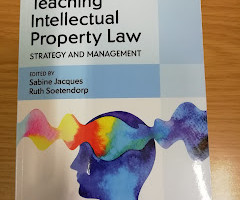
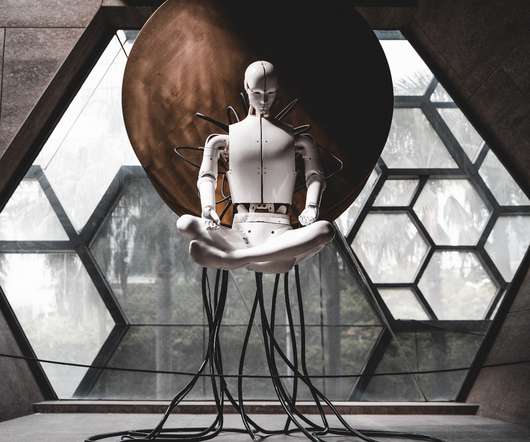
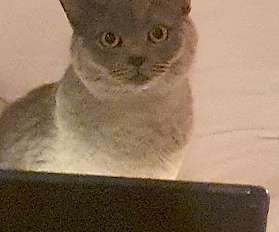
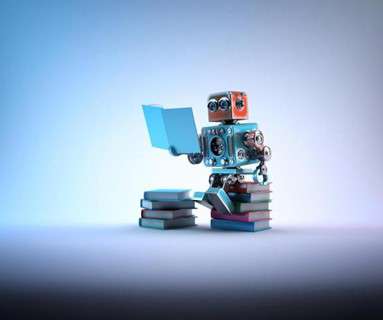

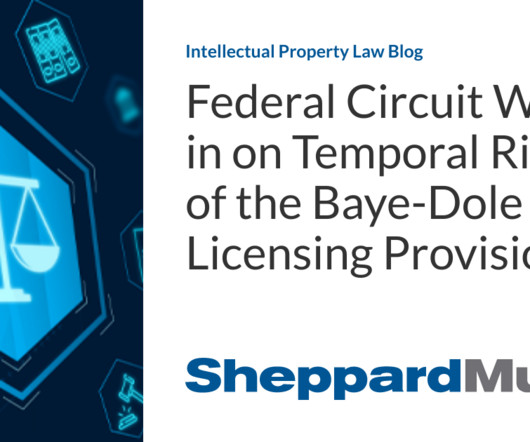
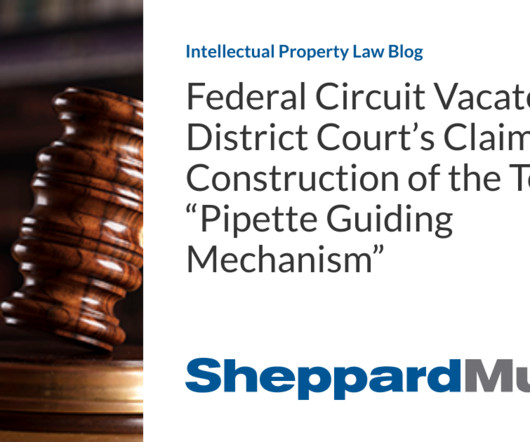
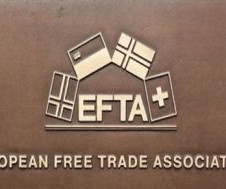

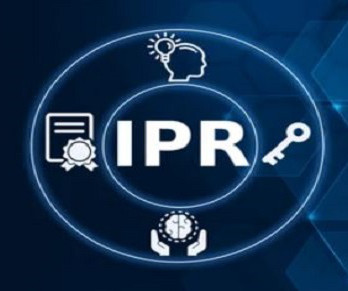
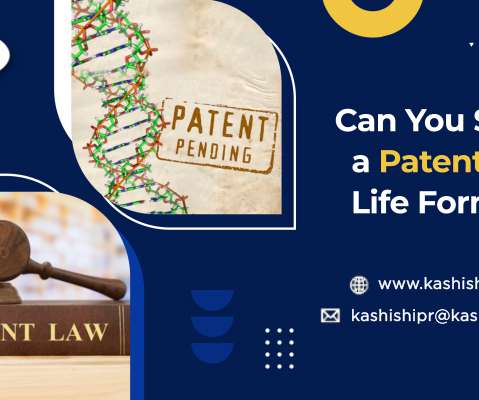


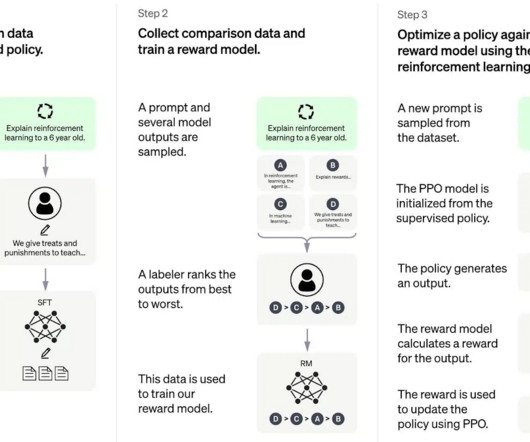
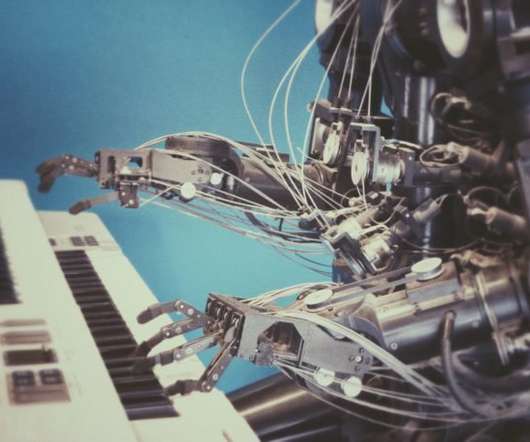






Let's personalize your content